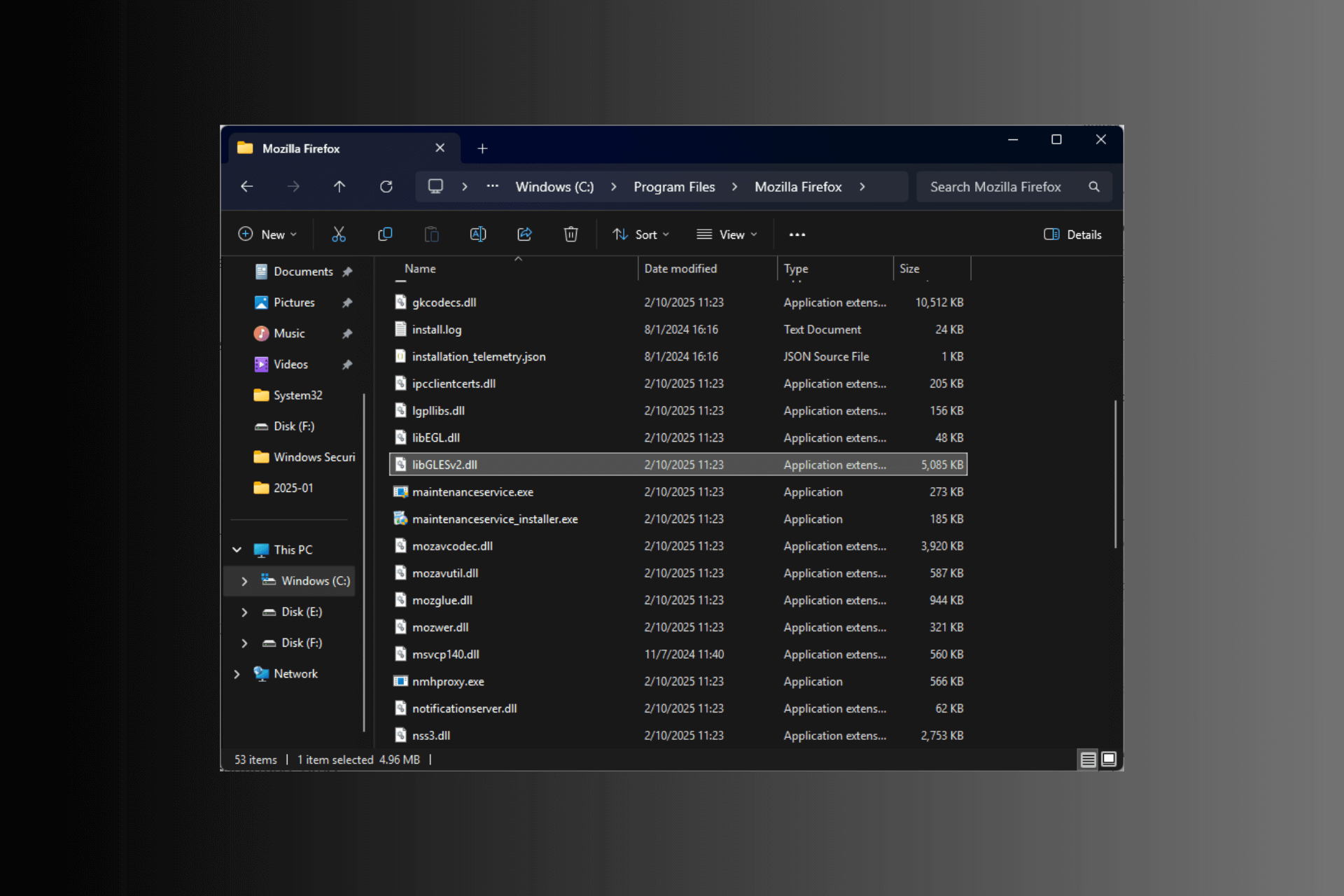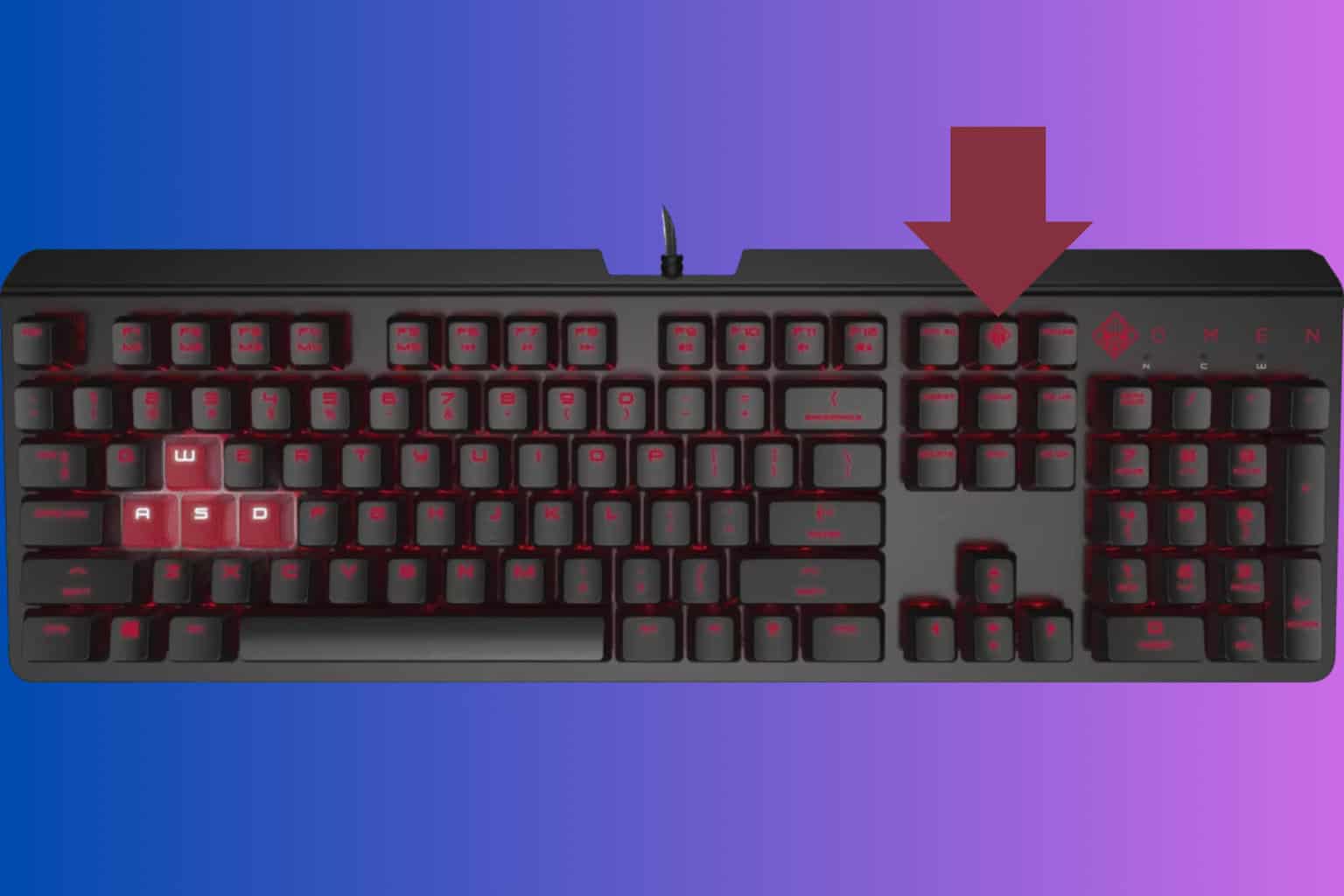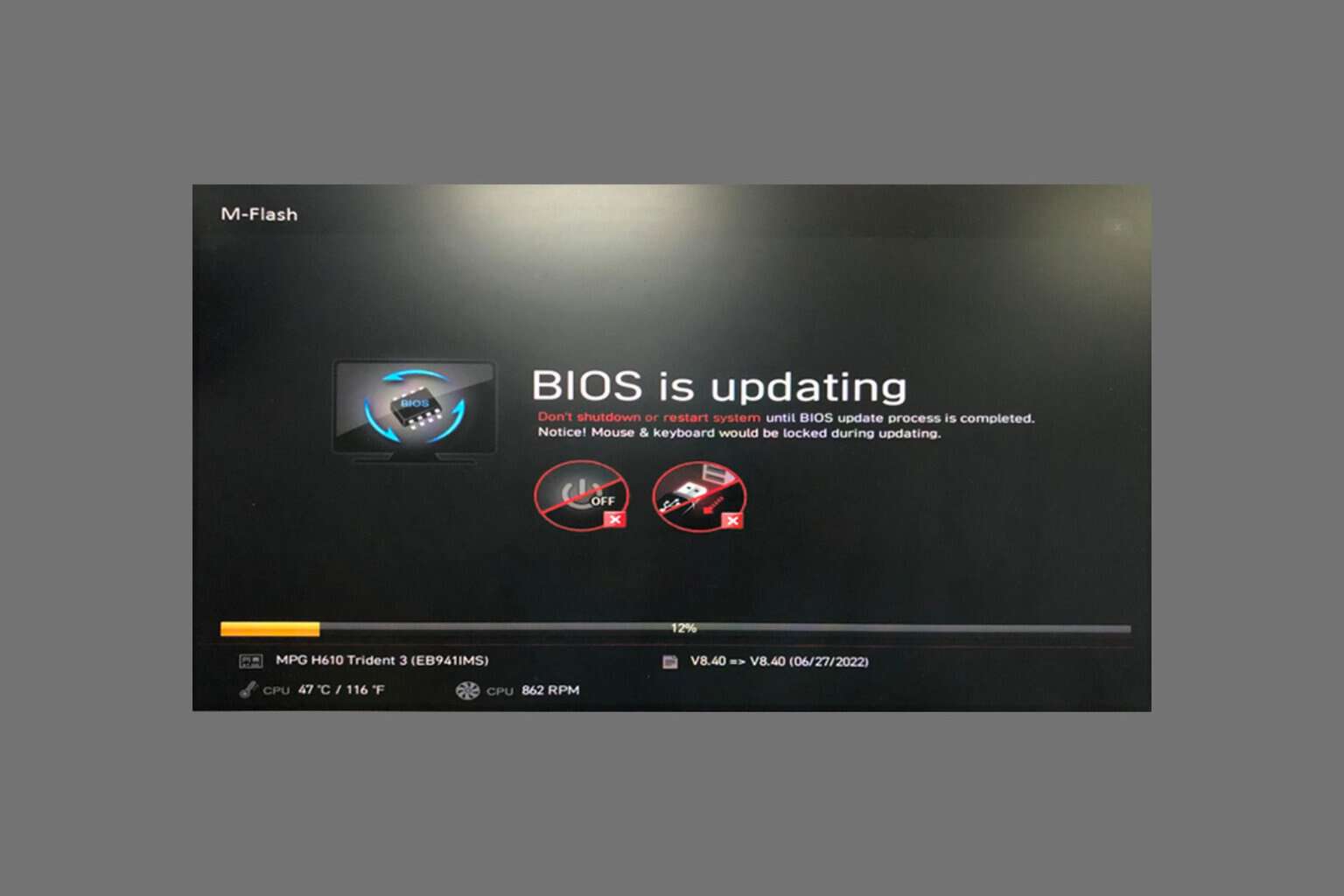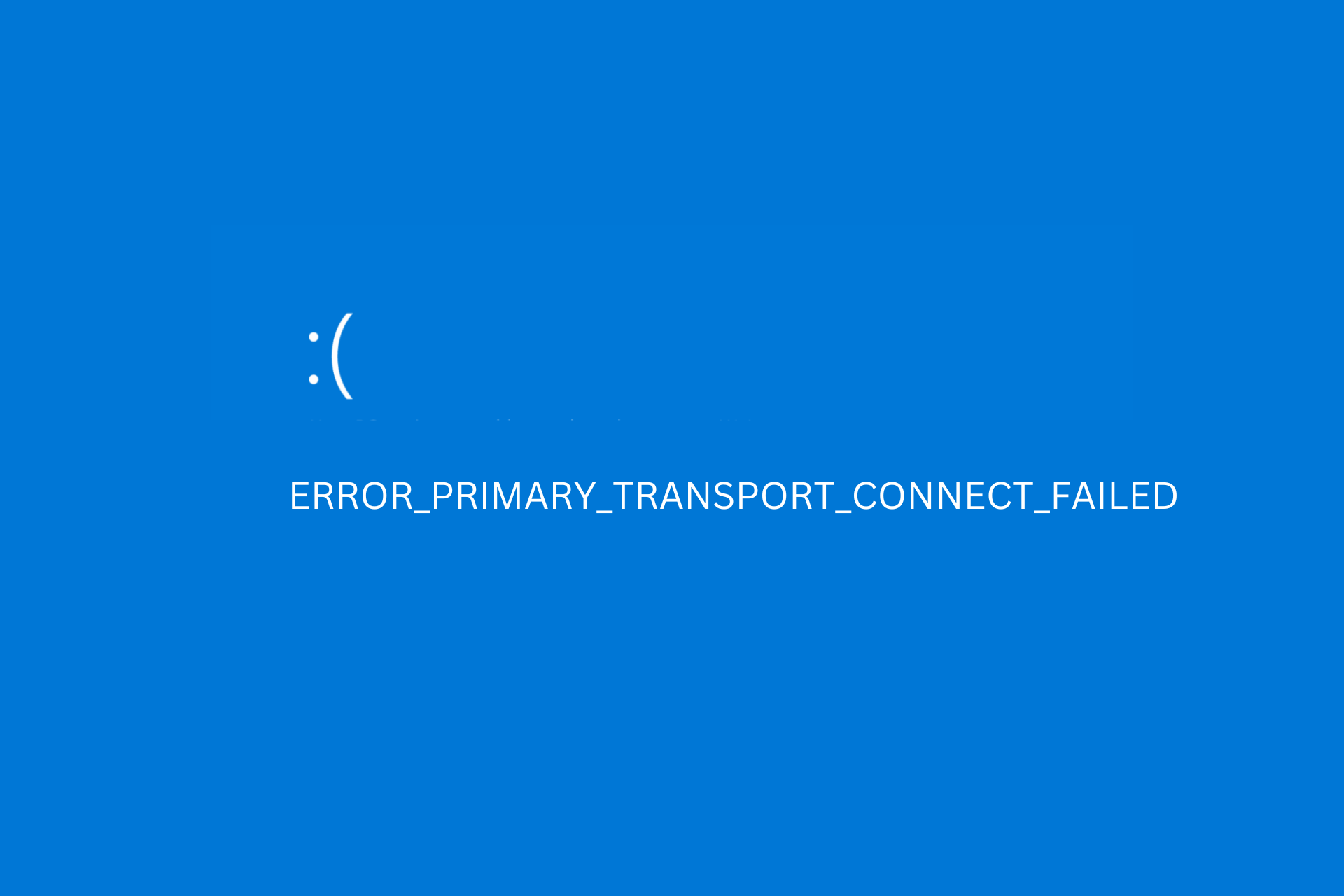What to Do if Windows Was Unable to Format Your Pen Drive
Give a try to these quick solutions now
5 min. read
Updated on
Read our disclosure page to find out how can you help Windows Report sustain the editorial team. Read more

USB flash drives (pen drives, flash sticks) almost entirely moved disks from the picture. They are fast, you can write anything you want whenever you want, and they come large in storage but small in size. Perfect data companions.
However, due to extensive use, they tend to get corrupt, start misbehaving, and won’t work as intended. There’s this Windows was unable to format pen drive when users tried to format the pen drive within the Windows interface.
Luckily, you can fix this or, even better, use alternative options to format the drive. The important thing is not to have any encryption on your drive, as Windows won’t format encrypted drives. Everything else you need is below.
How to format a pen drive if Windows failed to?
1. Try repairing the pen drive
Firstly, let’s try switching USB ports and rebooting PC. Sometimes, the problem isn’t in the flash drive (pen drive) but rather in the USB port. If your PC can still not format the drive, even when plugged into a different port, we suggest going for repairs.
These are not uncommon, as flash drives are frequently forcibly plugged out. This and frequent read/write changes can lead to corruption or bad sectors.
To fix the affected drive, follow these steps:
- Plug in the USB pen drive in a functional USB port.
- Open the File Explorer or This PC.
- Right-click on the USB pen drive and open Properties.
- Choose Tools and then click Check.
- After the Error Checking utility is done, try formatting your pen drive again.
If you’re still troubled by the Windows was unable to format pen drive error, continue with the other provided steps.
2. Check drivers
Now, in this step, there are two variations. It depends. If your PC can ‘see’ the USB but can’t format it, you must check the pen drive’s drivers. On the other hand, if it’s unable to see the USB drive in the first place, the Universal Serial Bus controllers should be your concern.
The latter rarely occurs, and if it does, instead of driver issues, it points towards the flash drive malfunction. Nonetheless, it’s worth giving it a try.
Here’s how to reinstall the pen drive driver:
- Right-click Start and open Device Manager. For Windows 7/8.1, you’ll want to search for Device Manager and access it that way.
- Make sure the USB pen drive is plugged in.
- Expand the Disk drives section, right-click on the pen drive and choose Uninstall device from the contextual menu.
- Repeat the action for the Portable devices section.
- Unplug your USB pen drive and plug it in again. The drivers should install immediately.
And this is how to reinstall USB controllers drivers:
- Open Device Manager.
- Expand the Universal Serial Bus Controllers section and uninstall all Generic USB Hub and USB Root Hub drivers. Just right-click on every device individually and choose Uninstall device.
- Restart your PC.
In any case, if you need to manage your drivers safely and more automatically using practical tools, you can consider a driver manager like PC HelpSoft Driver Updater.
3. Format the USB pen drive with Disk Management
Now, if the system on its own can’t access or format a USB pen drive, there are alternatives. More than few. The first is Disk Management. This utility is part of Windows, and it’s used, as you might assume, to manage all storage disks, both internal and external.
It can, of course, carry the load of formatting your pen drive without any issues. You need to know where to find it.
Follow these steps to format the USB pen drive with Disk Management:
- In the Windows Search bar, type Disk Management and open Disk Management.
- Open Create and format hard disk partitions.
- Right-click on the USB pen drive and choose Format from the contextual menu.
- Select FAT32 or NTFS (FAT32 is the default for USB flash drives) and use Quick Format.
- Click OK and that should do it.
4. Format the USB pen drive with Command Prompt
Disk Management should allow you to format the USB pen drive without problems. However, we decided to add an extra method just for the sake of variety. You can do everything you do within the Windows UI through Command Prompt.
Of course, if you know a proper set of commands to use, in this case, we’ll go with the diskpart utility commonly used to format and assign storage drives.
Here’s how to format the USB pen drive with Command Prompt:
- In the Windows Search bar, type CMD, right-click on the Command Prompt and run it as admin.
- In the command line, type diskpart and press Enter.
- Next, type list disk and press Enter again.
- Now, this step is important. Locate the USB pen drive and then type select disk 2 and hit Enter. In this example, the USB pen drive is Disk 2, which isn’t a rule. You should be able to see what’s the disk based on the storage size.
- Finally, once you’re sure you’ve selected proper disk, type clean and that’s it.
The Diskpart utility is also of great use when Windows 11 can’t detect an exFAT drive.
With that said, we can conclude this article. If you have any questions or alternative ways to deal with the Windows was unable to format pen drive error, feel free to tell us in the comments section below. We look forward to hearing from you.














User forum
2 messages